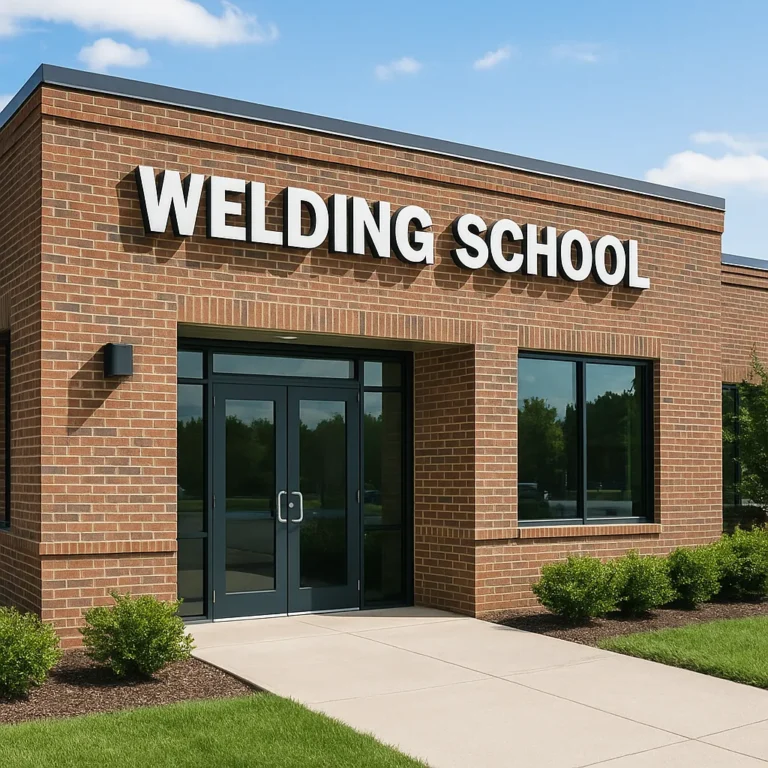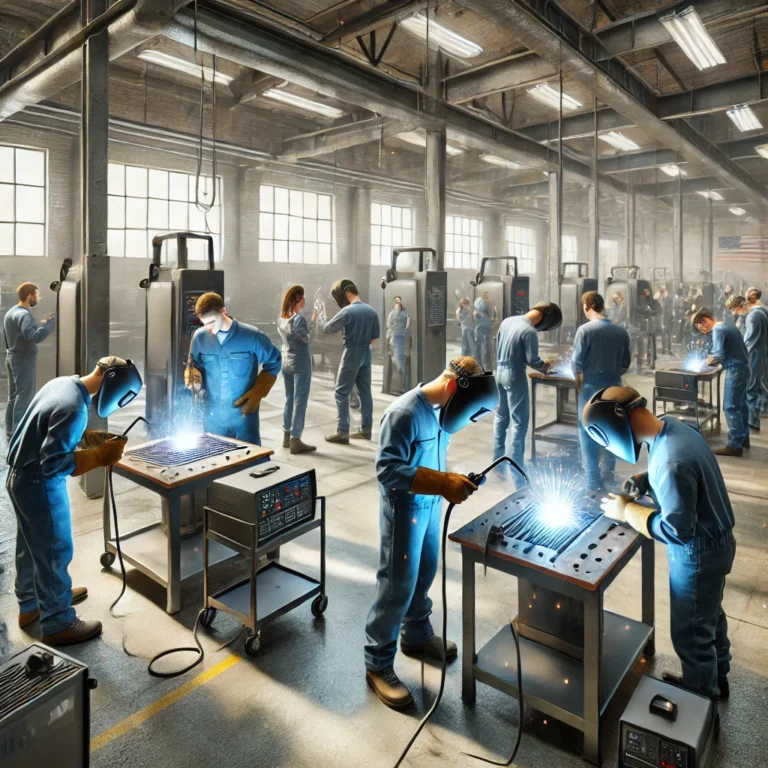Best States for Welding Jobs in 2025 That Actually Pay Off

Disclosure: This post contains affiliate links. As an Amazon Associate, I earn from qualifying purchases—at no extra cost to you.
Welders are in demand across the U.S., but some states offer a much better shot at steady work, higher pay, and long-term career growth than others. Whether you’re just getting certified or thinking about relocating, knowing where the best welding jobs are can help you make a smart move for your future.
Here’s a breakdown of the top states to consider based on real job market data, welder community feedback, and current industry trends.
Texas: A Welding Hotspot with Job Variety
Texas leads the way when it comes to welding opportunities. The state is packed with industries that rely on skilled welders—like oil and gas, pipeline construction, shipbuilding, and manufacturing.
Welders around Houston, Dallas, and along the Gulf Coast report finding work in structural welding, pipe welding, and plant maintenance. If you’ve got a 6G cert and can handle field work, jobs here pay well and stay consistent.
Pay ranges typically fall between $50,000 and $85,000 a year depending on your experience and certifications. The lower cost of living in many parts of Texas also makes your money go further—whether you’re running a mobile rig or working out of your home garage.
Alaska: High Pay for Welders Who Can Brave the Cold
Alaska’s welding jobs often come with some of the highest pay in the country—sometimes topping $90,000 annually. But it comes with a catch: many of these roles are remote, seasonal, and physically demanding.
Most jobs are tied to oil rigs, mining, or field repair in extreme weather. Based on welder reviews and hiring trends, companies look for experienced, safety-focused welders who can handle long hours and isolation.
This isn’t weekend shop welding—it’s heavy-duty work that requires serious gear and mental toughness. But if you’re up for the challenge, the paychecks are hard to beat.
Louisiana: Industrial Projects and Port Work
If you’re looking for steady welding work in the South, Louisiana is worth a close look. The state has major ports and a strong petrochemical industry that keeps welders busy year-round.
Cities like Baton Rouge and New Orleans have solid demand for structural, TIG, and pipe welders. Union jobs are common in the area and often come with benefits, while non-union roles still pay well—especially for those with pipe welding experience.
Most full-time welders here report earning between $48,000 and $75,000. It’s also a great state for skill-building, thanks to the number of welding schools and certification programs available.
North Dakota: Quiet but Growing for Welding Work
North Dakota might not be on every welder’s radar, but it’s growing fast—especially with energy, infrastructure, and agricultural projects picking up. Stick and MIG welders are in demand for everything from pipeline builds to plant repairs.
The pay is solid—around $60,000 to $80,000 a year—and some jobs include per diem. The lower cost of living helps too, especially if you’re saving up or starting out.
One heads-up: winters here are no joke. Welders working outdoors will need serious cold-weather gear and a mindset ready for snow, ice, and wind. Still, if you’re comfortable with rural work sites, it’s a great place to find steady jobs.
Conclusion
Welding jobs are out there—but not every state offers the same value for your skills and effort.
Texas stands out with high demand, steady work, and good pay. Alaska offers top wages for tough jobs in remote locations. Louisiana brings consistency through industrial and port-based work, while North Dakota is a solid pick for welders who don’t mind cold weather and are looking for stable energy or construction gigs.
Where you go depends on what kind of welder you want to be and what conditions you’re willing to work in. But with the right certs and a solid work ethic, each of these states can open the door to great welding opportunities.






